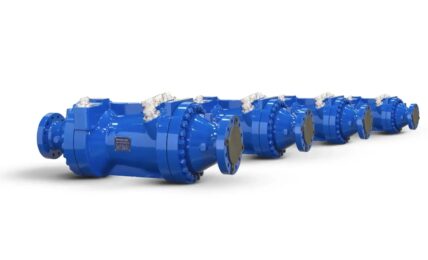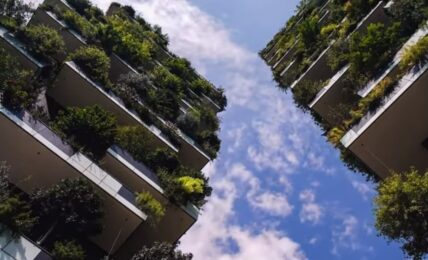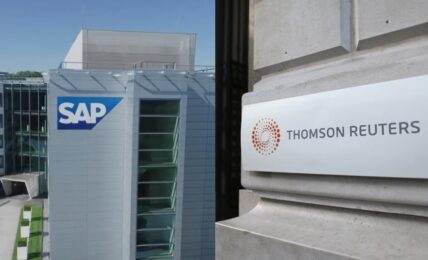The LEGO Group revealed progress in its efforts to shift its products towards using more sustainable materials, announcing that it has seen an 83% increase in renewable content in its bricks in the first six months of 2024, with 30% of the resin used by the company sourced under a “mass balance” approach, translating to 22% renewable sources in its raw materials.
The announcement comes as LEGO Group works to achieve a series of sustainability commitments, including its goal to make its products from more sustainable materials, or those produced using renewable or recycled resources and generating little or no waste, by 2032, as well as its targets to reach net zero emissions across the value chain by 2050 and to reduce carbon emissions by 37% by 2032, on a 2019 basis.
One of LEGO Group’s sustainability strategy’s key focus areas includes initiatives to invest in sustainable materials research to reduce the carbon footprint of products and packaging. The company announced last year that it had dropped its plans to produce bricks from rPET plastics from recycled bottles, one of its key projects aimed at shifting away from fossil-based plastics, following two years of testing, after determining that it would not ultimately result in reduced carbon emissions. In its 2023 sustainability progress report, LEGO Group said that it has tested more than 600 material grades for its products.
As it explores new materials, the company is using a mass balance approach to increase the amount of renewable and recycled input in its raw materials, under which suppliers mix input from both virgin fossil and certified renewable and recycled sources, with the suppliers providing certificates confirming the amount of renewable content LEGO Group has purchased.
The company said that in the first half of 2024, 30% of all resin purchased was certified according to mass balance principles, up from 18% in 2023, with 22% of materials from renewable sources, up from 12% in 2023. The company added that it aims to significantly increase these amounts over the rest of the year.
In its update, LEGO Group said:
“The mass balance approach is a stepping stone that helps us continue our transition to using more and more renewable raw materials, but it’s not the end goal.
“However, it is the best option we have today to increase the amount of renewable raw material we buy and decrease the amount of virgin fossil fuel we use.
“We also believe that by adopting this approach, we’ll drive demand and encourage the market to produce more renewable raw material, so that in the long-term we have a reliable supply of renewable raw material suitable for making high quality, durable LEGO bricks.”
*image source: LEGO Group



